August 20, 2023
First Unitarian Universalist Society Burlington (VT)
Reverend Karen G. Johnston
Part I
Imagine, if you will, a lava lamp.
Yes, I am talking about that electrified mechanism that has an incandescent light bulb illuminating a sealed, transparent container that holds brightly-colored goo. When heated by said bulb, that brightly colored goo begins to undulate. It rises, separating into smaller goo-groupings, that when they reach the top of their enclosure, they cool off just enough to fall back down, where they join the greater goo collective, becoming one goo unity, until the next cycle begins.
If you can imagine that, I want you to imagine now that the changes that are afoot within our faith movement are somewhat kindred to that lava lamp cycle. It’s a stretch to use this metaphor, I must acknowledge that. And if I hadn’t sold my two lava lamps at the yard sale we held before moving to Vermont, I would have brought them here to help spark your imagination.
This morning’s sermon is in three parts. This first part is about General Assembly’s focus on the changes to Article II of the UUA’s bylaws. Which makes it sound deathly boring.
Except it is in that section of the bylaws that we find our Principles and Purposes, so that part of a legal document has taken on theological and spiritual meaning for many individual Unitarian Universalists, and perhaps you count yourself among that number.
Over 80% of the delegates voted, in this first year of a two-year process, to continue the conversation about changes to Article II – to shift not the essence of who we are, but the language about that essence from principles to values, integrating the concept and the word, “love” (strangely absent in the principles) and not only adding it, making it central (thank you, Universalist side of our heritage). This vote came after a multi-year process (the Article II Study Commission was formed in 2020) that included many opportunities for participation and input across all of Unitarian Universalism.
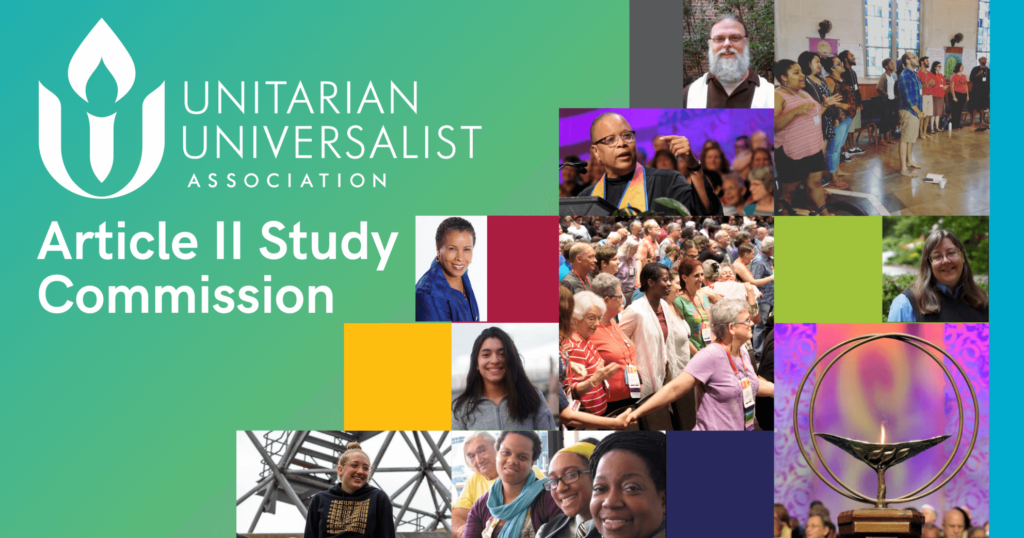
While an overwhelming number of delegates voted to go forward, there was some opposition. A small, entrenched group who oppose dismantling white supremacy culture within our UU institutions and who seem allergic to conversations about accountability in community.
Yet more poignantly, some opposition to moving us away from principles to values, came not from that retrograde place, but from a heartsickness that cherishes the role the seven, and now the eight, principles have played an important role in individual Unitarian Universalist identify formation. If this is you, wondering how you might ever let go of the principles and might ever embrace the “new-fangled” values, I know my own version of this.
When I first discovered Unitarian Universalism, I experienced those seven principles as speaking an essential truth in my life. They were to me, and are to so many, a kind of saving grace – and not just metaphorically.
And yet, those seven principles had been six just a decade before I stumbled onto Unitarian Universalism. And we have spent the past few years growing our faith’s capacity to recognize how incomplete the first seven principles are without the eighth. Not to mention that the principles did not exist before the 1961.
This is by design – the UUA’s bylaws require that every fifteen years, they are reviewed and considered for their relevance, considered for their need for revision. Which is why in 1985, the interdependent web of all existence of which we are a part came into being as the 7th Principle. Which is why in 2009, we were asked to consider changes to the bylaws, and they were voted down – a very tight race: 573 to 586. Times have changed.
All of which is to say, all is flux and life is change and while I believe there is every reason to cast my lot with what is that the heart of the principles, I want to be thoughtful, cautious, skillful, about holding on too tightly to what is always going to be an imperfect, context-dependent expression of deeper, lasting commitments which define my life, and perhaps yours.
It’s like each generation has an expression of our deepest value (LOVE) that, not unlike the cycle of a lava lamp, emerges from the greater collective, takes shape, has its day in the sun (or, more accurately, its day heated by the incandescent light bulb), and then descends, returning to the greater whole, until the next shape of the Great Unity begins its lava lamp circle of life.
Now, for those of us who have concerns about the 8th Principle getting lost in this big change, I want you to know that the primary founder of the 8th Principle, Paula Cole Jones, an African American UU, is an appointed member of the Article II Study Commission. She has explicitly lent her voice in support the shift from principles to values, stating that the essence of the 8th Principle is present in these new Core Values.
She has also said, go forward with the grassroots efforts of adopting and integrating the 8th Principle into congregational life, because the change of principles is an institutional change (top down), whereas the adoption of the 8th Principle is a grassroots effort (bottom up). Once again, think lava lamp: the essence of dismantling supremacies wofted up in the shape of the 8th Principle, then returned to the Great Unity, and is now rising within the language of these Core Values.
The current task of the Article II Study Commission is to incorporate the five amendments that passed at General Assembly. After doing so, they must submit a final draft to the UUA board by the end of December. As this whole process has been transparent, so too will this phase be. Given the amendments, it’s inevitable that some of the proposed text language is going to change ~ but not these core values. These, with Love at the center, are ours to engage in ways that generate and strengthen our beloved Unitarian Universalism.
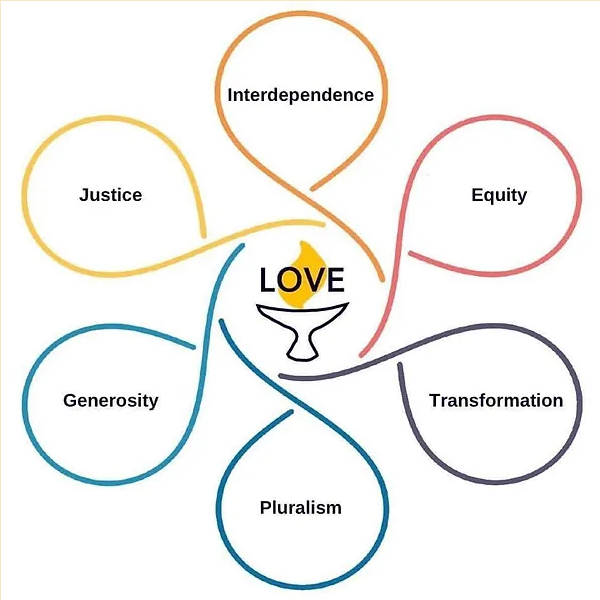
Part II: Embodying Our Values
In fact, let us move beyond words. Let’s have some fun with this. Let’s see if we can create the non-hierarchical visual representation of this new expression of our Unitarian Universalist values (with love at the center).
We can call it a pinwheel. We can call it a mandala. We can call it a flower. We can call it a mosaic. We can call it…a human jigsaw puzzle, twister-style.
I’d like to invite our volunteers to come forward to EMBODY these six values with love at the center. As they do, I will speak the descriptions of these values as developed by the Article II Study Commission and approved by an over 80% affirmative vote at General Assembly. What these folks are creating are much like what any of you are invited to participate in, smaller scale, in a craft activity for all ages in the back and during coffee hour.
As Unitarian Universalists, we covenant, congregation-to-congregation and through our association, to support and assist one another in our ministries. We draw from our heritages of freedom, reason, hope, and courage, building on the foundation of love.
Love is the power that holds us together and is at the center of our shared values. We are accountable to one another for doing the work of living our shared values through the spiritual discipline of Love. Inseparable from one another, these shared values are:
Interdependence. We honor the interdependent web of all existence. We covenant to cherish Earth and all beings by creating and nurturing relationships of care and respect. With humility and reverence, we acknowledge our place in the great web of life, and we work to repair harm and damaged relationships.
Pluralism. We celebrate that we are all sacred beings diverse in culture, experience, and theology. We covenant to learn from one another in our free and responsible search for truth and meaning. We embrace our differences and commonalities with Love, curiosity, and respect.
Justice. We work to be diverse multicultural Beloved Communities where all thrive. We covenant to dismantle racism and all forms of systemic oppression. We support the use of inclusive democratic processes to make decisions.
Transformation. We adapt to the changing world. We covenant to collectively transform and grow spiritually and ethically. Openness to change is fundamental to our Unitarian and Universalist heritages, never complete and never perfect.
Generosity. We cultivate a spirit of gratitude and hope. We covenant to freely and compassionately share our faith, presence, and resources. Our generosity connects us to one another in relationships of interdependence and mutuality.
Equity. We declare that every person has the right to flourish with inherent dignity and worthiness. We covenant to use our time, wisdom, attention, and money to build and sustain fully accessible and inclusive communities.
Thank you, generous and fun-loving volunteers, for helping us perceive these values in a new way. As our volunteers return to their seats, let me speak these words from the late bell hooks, for they ground us in the importance of love:
Without love, our efforts to liberate ourselves, and our world community from oppression and exploitation are doomed. As long as we refuse to address fully the place of love in struggles for liberation, we will not be able to create a culture of conversion, where there is a mass, turning away from an ethic of domination.
Sermon, Part III: More of GA
In sharing this second half of my sermon with you this morning, I want to stay away from a tone the invokes the first week of school tradition of a “what I did over my summer vacation” report. Yet, in addition to telling you what is afoot when it comes to lava-lamp changes within our faith movement, I want to make sure that you know about other things which happened at General Assembly. I can’t help but give my report from my General Assembly, which must, by its very nature, be different than the report that Rodney or Sarah or Erika were to give you. I hope that what I have curated here helps to grow your sense of connection to what is happening in the wider Unitarian Universalist Universe.
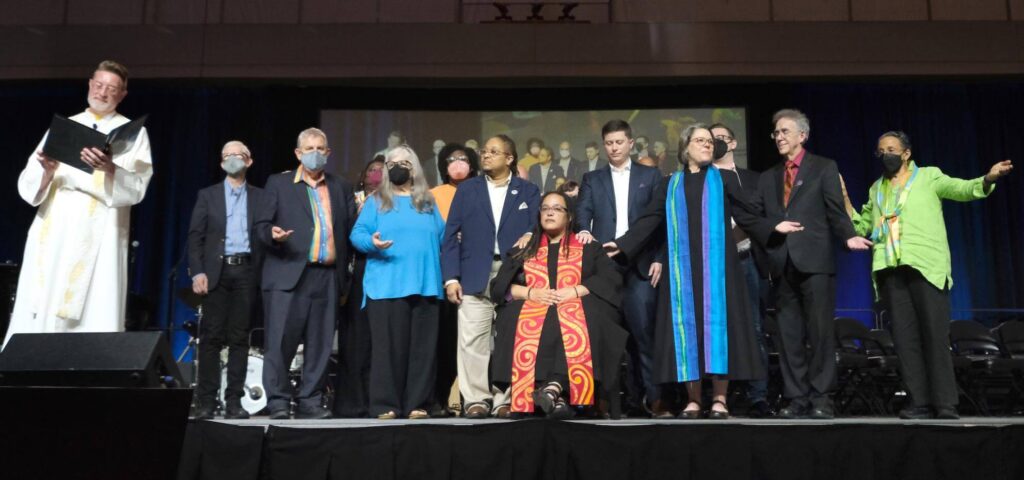
First of all, with a 95.5% voting in the affirmative, we have a new president of the UUA: Reverend Dr. Sofia Betancourt, who is the first openly queer person and first woman of color to serve as president. In electing Rev. Sofia for a single six-year term, we said good-bye with gratitude in our hearts for Rev. Susan Frederick Gray’s term of office.
And as we were experiencing strong support for Rev. Sofia and for the Article II changes, we experienced significant division around the business resolution for fossil fuel divestment put forward by a young, queer, multi-racial collective. The resolution was defeated – 68% voted against. Yet, as imperfect a resolution as it was, it asked us to live into the stated values many of us hold and to do so even at great financial cost to our institutional coffers. How so, you ask? because the resolution asked the UUA’s CommonFund – a collective endowment that congregations can opt into – not only to deepen their commitment by divesting from companies that support the fossil fuel infrastructure (for example, not just the companies that build oil pipelines, but the banks that bankroll them), but to channel the money removed from those investments into reparations in Black and Brown communities.
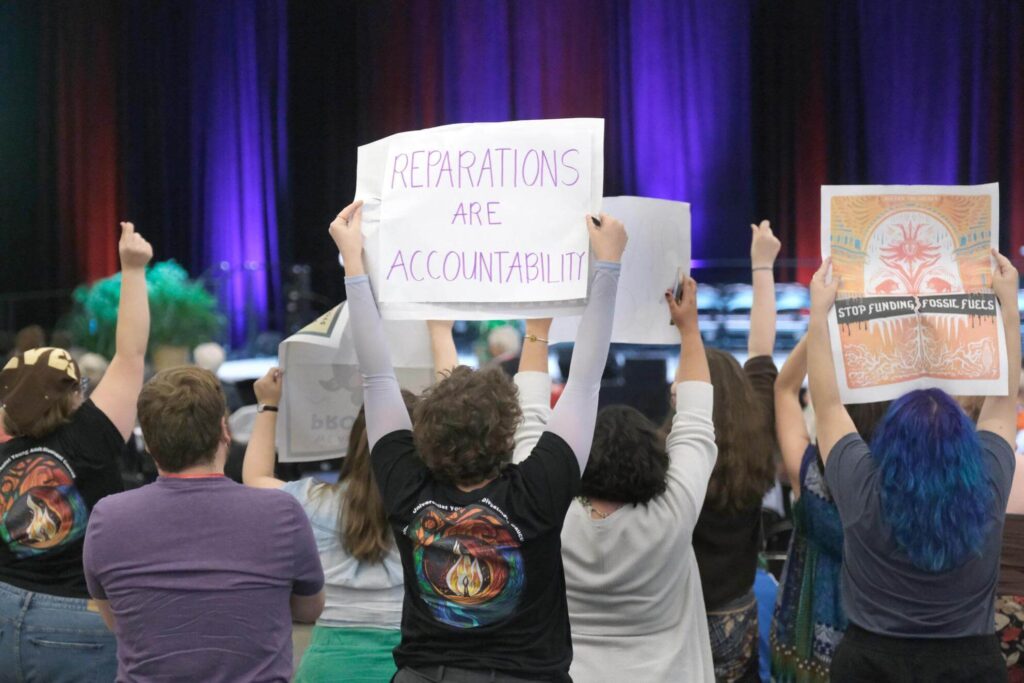
The resolution those young people proposed may have lost, yet I don’t think their core mission did. Within a week’s time, two official statements were released. On June 30, as Rev. Susan was leaving and Rev. Sofia was arriving, they issued a joint letter stating
We […] want to provide support to those who have experienced harm as we continue our movement to build the Beloved Community. We acknowledge that the events of last week are rooted in recurring cycles ofdistrust between the UUA and our youth and young adults. We hope to use this moment to break these cycles so that we can begin to rebuild trust. Our young leaders bring a particular passion, creative thinking, and a sense of urgency that is vital to us as a faith community.
And on that same day, just 5 days after GA concluded, the UUA Board issued their statement. While clearly displeased with what they term, “painful accusations,” the statement ties climate justice work to the work of reparations – to my knowledge, this had not been done explicitly before. To my mind, this would not have happened, had that multi-cultural coalition of young people forced the point. The UUA’s statement reads, in part:
Recognizing the intersectional framework of climate justice, we have also begun conversations about reparations for past harms from the UUA and its predecessors, as called for by the Commission on Institutional Change’s 2020 report, Widening the Circle of Concern. We are committed to continuing those in a robust and meaningful way so that we engage our entire movement in them.
We know that we need to do more to engage Unitarian Universalists on these issues, especially as related to climate justice. To do so, we are planning to launch extended conversations this fall with UUs of all ages and UU groups that are deeply engaged in climate justice work. A tremendous amount of work needs to take place to achieve our goals, and we know that we can only do that work when we are engaged in robust conversation and collaboration. While the Board will be taking personal time during July, we will be back in touch about these plans in the coming weeks.
We want to express again our thanks to the generations of young adults and climate activists who have continued to move our work forward for their commitment and advocacy for this critical issue of our time. They must be an integral part of the ongoing discussion about solutions.
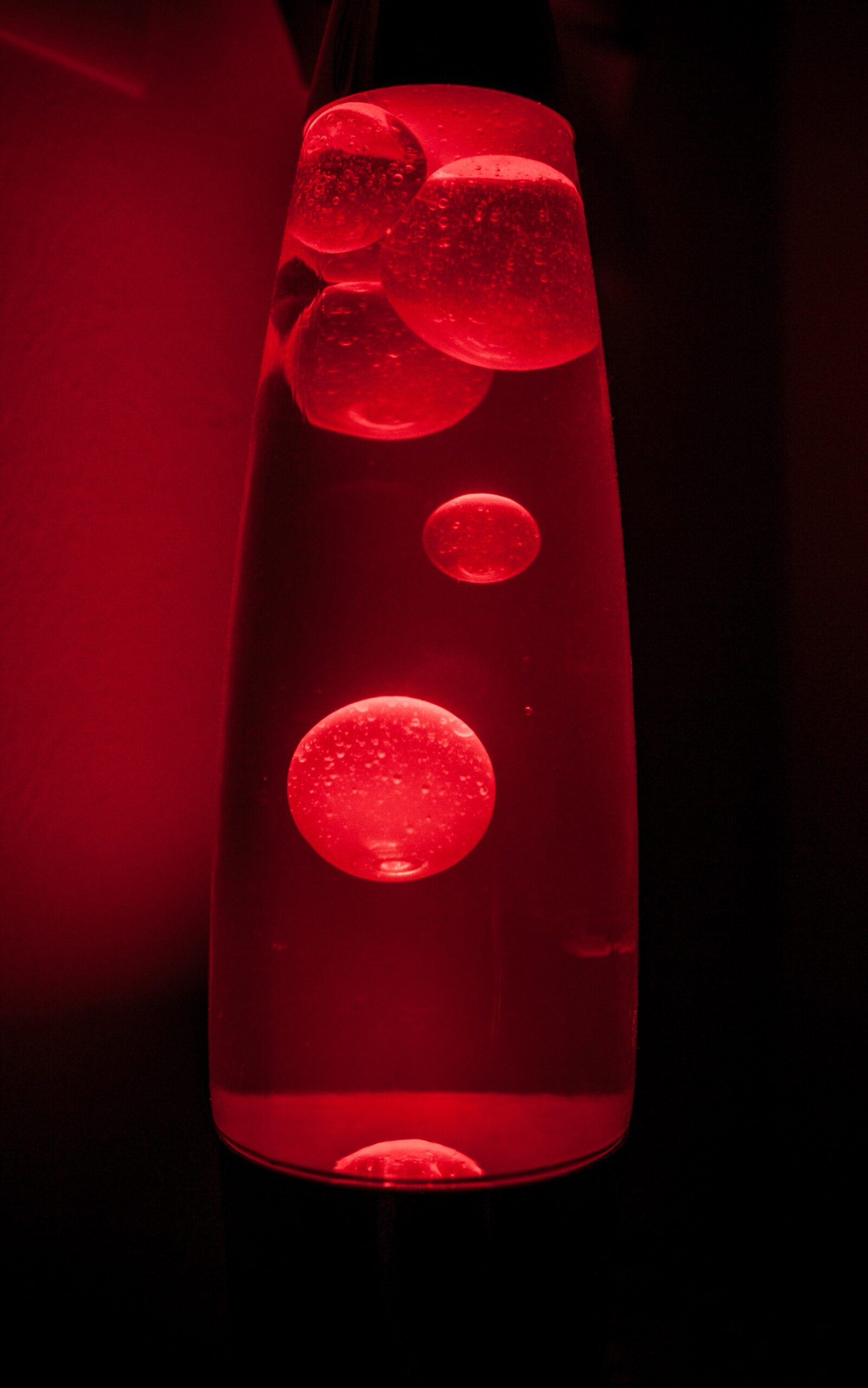
Maybe this engagement by young people is yet another lava lamp cycle: the youth perceive a possibility; the generation in power resists; anger or distrust erupts; time passes; truth reveals itself.
A few more things about GA.
There was, as always, great music that was at the heart of the daily worship services.
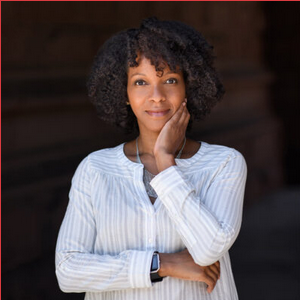
There was Dr. Imani Perry, who gave the Ware Lecture. Though not UU, she taught us a thing or two (or seven) about our own history, particularly as it relates to the Transcendentalists.
There was a powerful workshop called, “Disrupt Church” that was filled to overflowing with participants passionate about this challenging moment for congregations and coming out with creative ideas. A recording of the session will be available to the public at the end of September. It could be interesting to watch together.
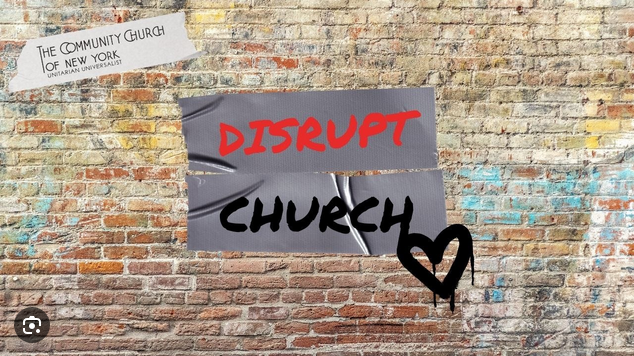
And though it was not officially part of General Assembly, I want to tell you briefly about the Berry Street Lecture.
Religious professionals gather in the few days before General Assembly. Erika attended meetings of her national professional association, LREDA. Christina not only attended, but RAN, the meetings of her national professional association for congregational administrators. And Rowan and I attended our professional meetings, which is called Ministry Days, which always ends with the Berry Street Lecture.
This year it was given by Rev. Cecelia Kingman and its title ~ I think you are going to love this ~ was “My Little Pony Was Right: Reflections of Fascisms Without and Within.” It’s a powerful, at times chilling, well-researched, highly-informed reflection on the rise of fascism in this country. Both the text and video are available to the public. I have wondered whether there might be interest in an Adult Faith Formation module on the topic of the threat of fascism in our midst.
Which reminds me, Erika, Rowan, and I have decided that we’re going to find time on the calendar for a four-part series on the new values and the vision for the new Article II. It seems important to continue this conversation for many reasons, not the least of which is that as a faith movement, we are voting to confirm and make permanent (til the next lava lamp goo cycle) these Article II changes at the 2024 General Assembly.
~~~
What were those powerful words from bell hooks?
Without love, our efforts to liberate ourselves, and our world community from oppression and exploitation are doomed. As long as we refuse to address fully the place of love in struggles for liberation, we will not be able to create a culture of conversion, where there is a mass, turning away from an ethic of domination.
So be it. See to it. Amen.
